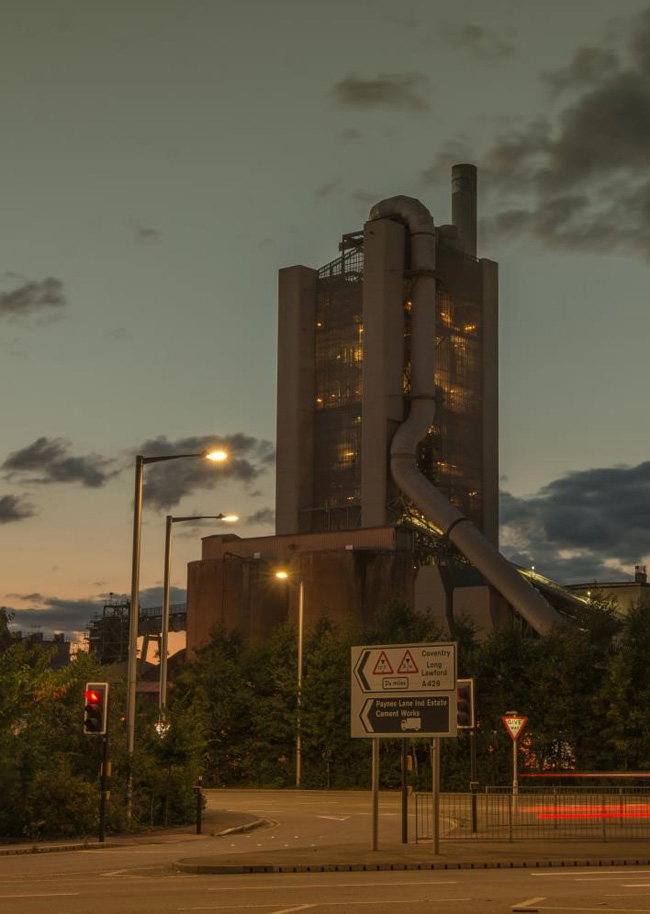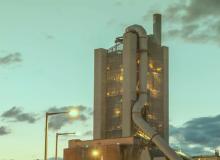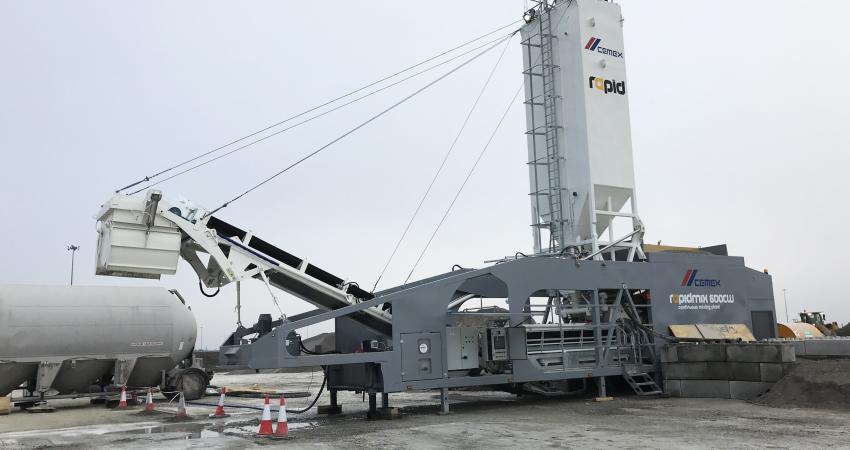
ENGIE has been providing electricity to over 150 CEMEX UK sites for over 10 years, also supplying gas to 33 of these sites. The current contract is to be extended for a further 12 months.
Going forward all of the electricity supplied to the sites will be from 100% renewable energy sources including wind energy. As these sources produce zero carbon emissions, this makes a significant contribution to reducing CEMEX UK’s carbon footprint. ENGIE’s renewable electricity supply is underpinned by Renewable Energy Guarantees of Origin (REGOs).
ENGIE and CEMEX UK’s commitment to renewable electricity is therefore making a positive contribution to the decarbonisation of energy in the UK. In the 2017/2018 financial year, renewable energy made up 34% of ENGIE’s fuel supply mix, compared to 29% nationally.
Martin Hills, head of Energy and Carbon at CEMEX in the UK, said: “Cement manufacture is inherently energy-intensive and we work hard to minimise energy consumption within the process constraints. The switch to electricity from renewable sources is playing a key role in our carbon reduction strategy.”
CEMEX is also taking advantage of ENGIE’s demand side services, such as load management to avoid peak tariffs and rapid frequency response, which generates extra revenue for CEMEX UK. ENGIE also manages all contractual requirements with National Grid on CEMEX UK’s behalf.
Nicola Lovett, divisional CEO of Business Energy & Services at ENGIE, observed: “Our 10-year partnership with CEMEX UK has delivered major cost and environmental benefits, while also generating additional revenue for the company. Our ability to provide 100% renewable electricity represents another important step forward in addressing CEMEX UK’s sustainability commitments.”
CEMEX is a global manufacturer of building materials and the biggest Mexican investor in the Britain, with 3,000 people employed across 450 sites. Its CEMEX UK subsidiary is among leading UK providers of aggregates, cement, ready-mixed concrete and rail sleepers with annual sales of around £1 billion.







